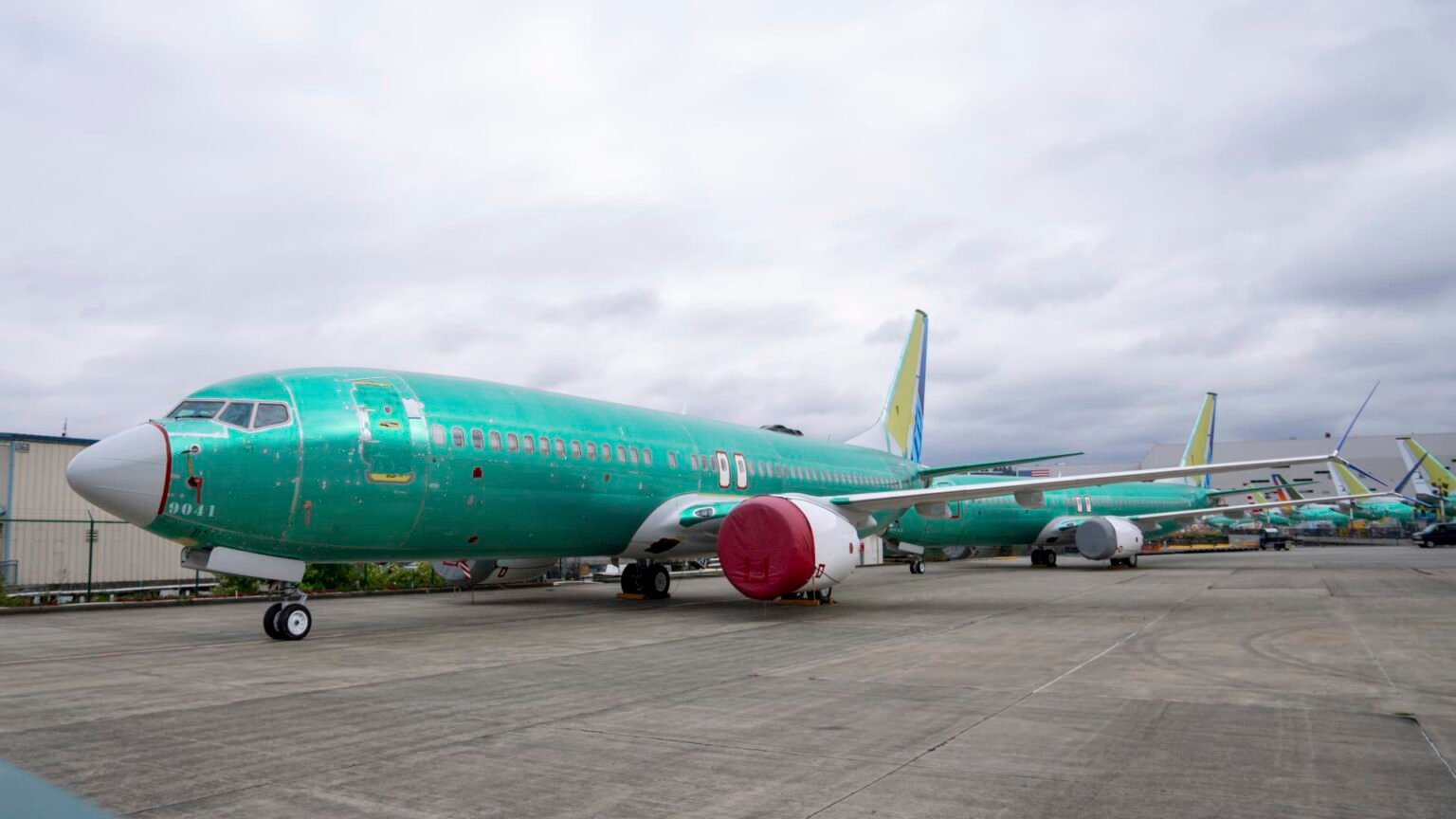Boeing is facing significant challenges as it announced plans to cut 10% of its workforce, approximately 17,000 employees, in response to mounting losses and a machinist strike that has idled its aircraft factories for five weeks. The company will also delay the launch of its new wide-body airplane, the 777X, until 2026. This decision puts the plane six years behind schedule, and Boeing will cease producing commercial 767 freighters in 2027 after completing remaining orders. The CEO, Kelly Ortberg, expressed the need for tough decisions and structural changes to ensure the company’s long-term competitiveness and ability to deliver for its customers.
Boeing anticipates reporting a loss of $9.97 per share in the third quarter and expects to incur pretax charges of $3 billion in the commercial airplane unit and $2 billion for its defense business. The company also projects an operating cash outflow of $1.3 billion for the third quarter. Ortberg acknowledged the difficult position Boeing is currently in and emphasized the challenges that lie ahead. These financial struggles have prompted the most significant moves from Ortberg since assuming his role just over two months ago, as he works on restoring Boeing following safety and manufacturing crises that have plagued the company.
The ongoing machinist strike has posed additional challenges for Boeing, with credit ratings agencies warning of a potential downgrade to the company’s investment-grade rating. Boeing has been experiencing cash burn as it navigates a challenging year, hoping for a turnaround. The strike, which began on September 13 after workers rejected a tentative agreement, has been costly for the company. S&P Global Ratings reported that Boeing is losing over $1 billion each month due to the strike. Tensions between the manufacturer and the union have escalated, resulting in a breakdown in negotiations and a withdrawal of a contract offer from Boeing, leading to an unfair labor practice charge filed by the company.
The job cuts are expected to take place over the coming months, impacting Boeing and its suppliers who have been trying to recover from the effects of the Covid-19 pandemic. Demand for aircraft plummeted during the pandemic, leading to challenges for the aerospace industry. Ortberg’s leadership will be tested as he navigates the company through these challenges, making tough decisions to ensure its long-term survival and competitive position in the market. Restoring Boeing’s financial health and reputation will require significant restructuring and cost-saving measures to weather the storm.
Overall, Boeing is facing a turbulent period with significant financial losses, delays in aircraft delivery, and a labor strike that has further exacerbated its troubles. The company’s leadership under Ortberg is focused on making the necessary changes to secure Boeing’s future success, despite the current challenges. The aerospace industry has been severely impacted by the global pandemic, adding an additional layer of complexity to Boeing’s situation. Moving forward, the company will need to carefully navigate these obstacles, implement cost-saving measures, and work towards rebuilding its reputation and financial stability. Boeing’s ability to adapt and innovate in response to these challenges will be vital for its long-term sustainability in the aerospace market.











